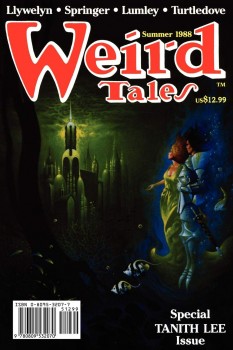Rogue Blades Presents: All Good Things Must Come to a … Change!
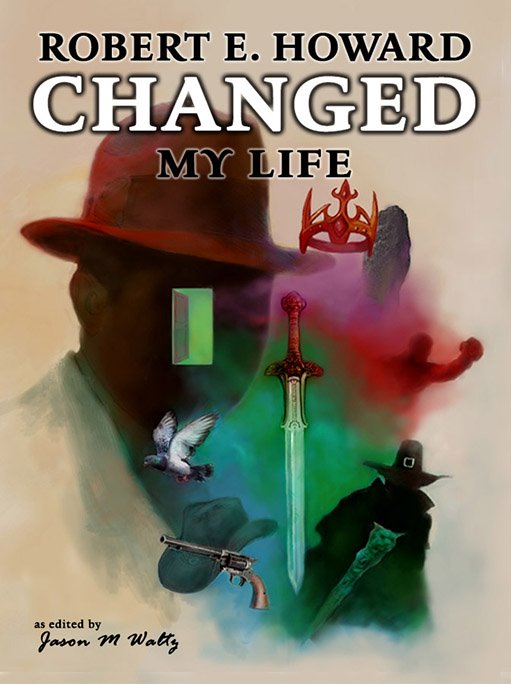
All good things must come to an end. Sort of. Kind of. But not exactly.
This will be my last Rogue Blades article for Black Gate. This doesn’t mean I’m going anywhere. No. One of my articles will still be here every other Friday. And no, I’m not stepping down as vice president of the Rogue Blades Foundation, a non-profit which focuses on all things heroic, especially heroic literature.
What is changing is that the Rogue Blades Foundation and its for-profit publishing side, Rogue Blades Entertainment, will be coming together on a new Web site, Rogue Blades. The new site will not only feature news about both sides of this publishing venture, but will also present weekly articles from a variety of writers, including myself. So I’ll be penning articles about the heroic over at Rogue Blades.
As for my future here at Black Gate, as mentioned above, I’ll keep writing articles here, but now I’ll have more freedom to write about other topics, many which might be related to heroic literature but not necessarily.
As for what I’ll be writing here, I’ve a number of subjects I’d like to cover. For instance, I’ve long been a fan of Ed McBain’s 87th Precinct police procedural novels, and I’m considering a series on each of those books, though at 55 novels and a handful of shorter works, I have to admit that’s a rather daunting task. Other subjects I’d like to tackle are older tabletop role playing games that don’t see as much love as I’d like; Dungeons & Dragons is well covered online and even Star Frontiers has received some recent love here at Black Gate, but I’d like to take a look back at such games as Dragonquest, Lords of Creation, Car Wars and the original Deadlands, plus others as they come to mind. It’s also possible, even likely, I’ll sometimes write about fiction I’m reading or movies or shows I’m watching.
…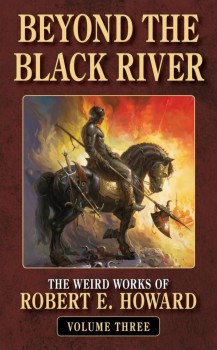
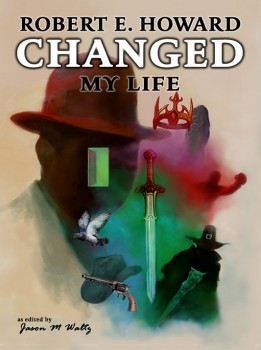
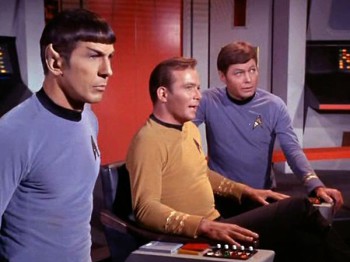 Do you remember your first hero? Any kind of hero. It could have been a hero from a movie or a book or a television show, even a hero from real life.
Do you remember your first hero? Any kind of hero. It could have been a hero from a movie or a book or a television show, even a hero from real life.